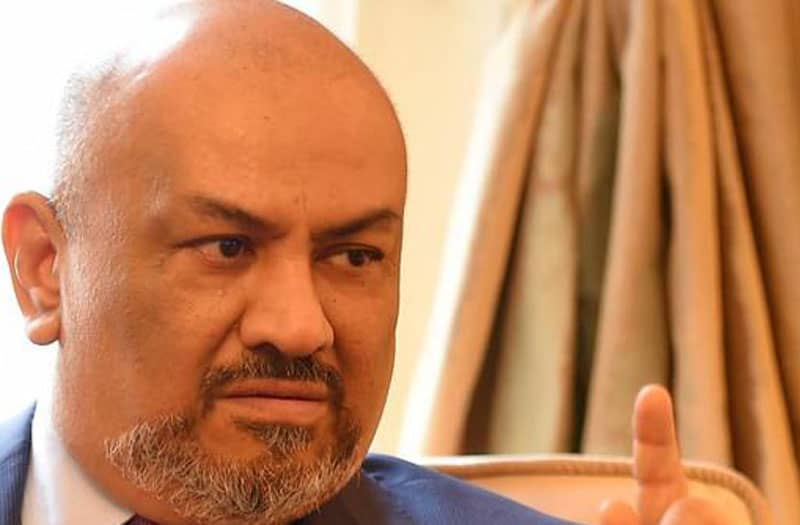Rimbo: Yemen’s foreign minister on Saturday said the government-controlled city of Aden could be home to the country’s main airport, amid talks to reopen the rebel-held international airport in the capital Sanaa.
“We are ready to reopen Sanaa international airport today… but we have a vision that Aden will be the sovereign airport of Yemen,” Khaled al-Yamani told AFP.
“If the other side accepts … flights could land in Aden and leave to Sanaa, Hodeida, other airports.”
Yamani spoke on the sidelines of UN-brokered talks in the rural village of Rimbo, where warring Yemeni parties are gathered under the auspices of the UN.
Government representatives, rebel spokesmen and UN Yemen envoy Martin Griffiths have all said the talks are not intended to reach a political solution to the conflict, which gained renewed attention in the uproar over the killing of Saudi Arabian journalist Jamal Khashoggi.
The murder of Khashoggi in the Saudi consulate in Istanbul sparked international criticism over Saudi Arabia’s policies in Yemen, where it leads a pro-government military coalition.
– Key issues –
Among the issues under discussion in Sweden are potential humanitarian corridors, a prisoner swap, the reopening of the defunct Sanaa international airport, and Hodeida, the rebel-held port city at the heart of a government offensive.
The Sweden sessions mark the first meeting between the two sides in two years since the last round of talks in 2016 broke down after three months.
While the days leading up to the gathering saw the government and rebels agree on a prisoner swap and the evacuation of wounded insurgents, both parties have publicly traded threats and accusations in Sweden.
After Saturday’s third day of talks, the delegations have yet to meet face to face.
A UN official, however, said, there was a “difference between private and public discourse”. In a statement to the press Saturday, Griffiths said talks had been “serious and constructive”.
– Sanaa vs Aden airport –
Yemen’s capital has been held by Huthi rebels since 2014, when the insurgents drove the government out and seized a string of ports.
The government of Abedrabbo Mansour Hadi has since been based in the southern port city of Aden and has fought to drive back the Iran-backed rebels, supported since 2015 by the military coalition led by Riyadh — Tehran’s regional arch-rival.
The coalition accuses the Huthis of smuggling arms from Iran through Sanaa as well as Hodeida, the rebel-held Red Sea city and Yemen’s most valuable port. Iran denies the charge.
Shipments to Hodeida, including humanitarian aid, have been severely restricted by the coalition. Huthi fighters are now embedded in residential neighbourhoods to fight off government forces.
The Huthi delegation held firm to its demand that the rebel-held Sanaa airport be reopened, as airport employees rallied in the Yemeni capital in support.
Huthi representative Abdulmalik al-Hajri told reporters his delegation would propose a “comprehensive vision for the opening of Sanaa airport” on Sunday.
Sanaa international has been out of operation for years, severely damaged in air raids by the coalition, which controls Yemeni airspace.
A government proposal to allow flights to and from Sanaa was categorically rejected by the rebels Friday.
Among the conditions set by the government are mandatory transit points in Aden and Sayoun, another government-held city, for aircraft inspections.
– Hodeida and its revenues –
Foreign Minister Yamani said a government demand for a full rebel withdrawal from Hodeida city and port were non-negotiable.
Revenues from the once-lucrative port should go to the Hadi government, he said.
“As concerns the port… We accept that it works under the administration that ran the port in 2014, and we are ready to coordinate with the UN on supervision and the reinforcement of port operations,” said Yamani.
“But the port must remain sovereign, part of the work of the Yemeni transport ministry which is in charge of Yemeni borders and ports.”
The conflict has triggered what the UN calls the world’s worst humanitarian crisis, with 14 million people now on the brink of famine. Nearly 10,000 people have been killed in under four years, according to conservative estimates.
[source_without_link]AFP[/source_without_link]

